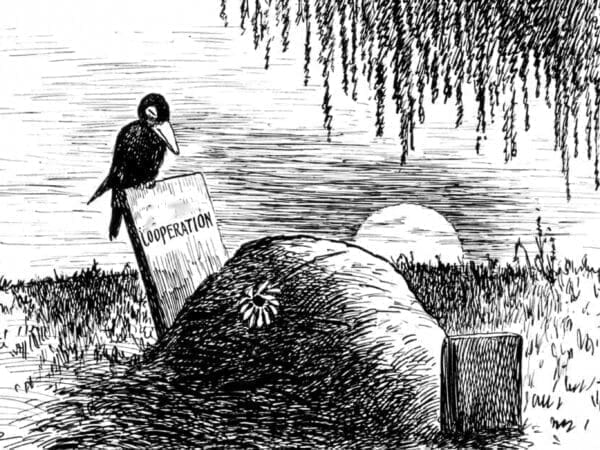Reaching across the aisle.
Sounds easy enough, right? Should one not work with whomever shares one’s thoughts and objectives, regardless of party? Bipartisan cooperation, the willingness of elected officials, from different political parties, to work together transcending party lines, to address critical issues facing their constituents. Will this not prevent gridlock?
In today’s increasingly polarized political landscape, the idea of reaching across the aisle, in any government, seems to be a lost art. However, the importance of bipartisan cooperation cannot be overstated. It is still crucial for those representing their constituents to truly work together, across party lines, to address issues facing our communities and our nation.
One of the primary reasons is to achieve effective governance. In a democracy, diverse perspectives and ideas should be considered to craft the best policies to benefit all citizens. When legislators collaborate, they bring their collective experience. When legislators collaborate with those from the other party, the range of viewpoints they bring together result in more comprehensive legislation even if they do not need the support of the other party.
By working together, though, legislators can collaborate with colleagues having specific expertise and create innovative approaches to complex issues that can lead to solutions. The resulting bipartisan bills tend to be better researched and thoroughly debated. When both sides are brought to the table, they are more likely to scrutinize the details and potential consequences of proposed legislation. Collaborating with members of the opposite party can also lead to more practical and long-lasting solutions and can improve public trust.
When members of differing parties show a willingness to work together, it can help to restore faith in the political process. Partisan gridlock and constant bickering erode public confidence and sucks the air out of the room. Some, unfortunately, thrive on this animosity.
Ultimately, the purpose of government is to serve the needs and interests of its citizens. When legislators prioritize party loyalty over their constituents’ needs, they fail to honor the oath taken when sworn into office. Obviously, from time to time, constituents’ wants and needs differ. When that happens, legislators must make the best decision with the information they have at the time.
And, sometimes, that information changes.
By working together, legislators can tackle complex issues, restore trust, and create the best policy for constituents. In a world of increasing polarization, our lawmakers working together is essential for the well-being of our communities and our democracy.


